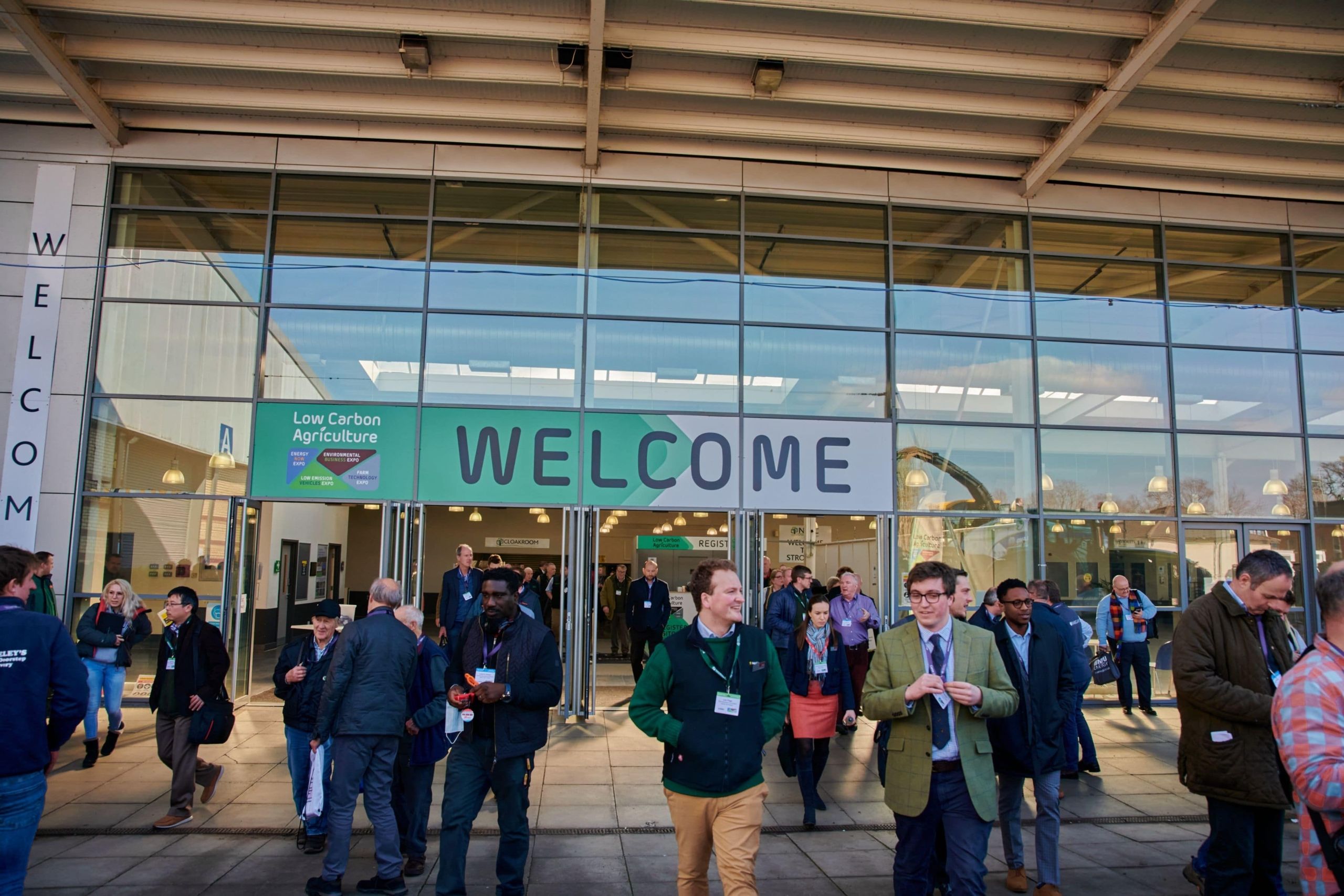Why Methane Matters
)
Methane has come into focus recently as the new frontier for climate change mitigation with organisations such as The Global Methane Hub putting a spotlight on the issue, and a host of research, such as The UN Food and Agriculture Organization’s report, pointing to methane reduction as a crucial and effective step in slowing global warming.
The conversation around carbon emissions, on the other hand, has been around for many years, and for those who are new to the conversation about the methane problem, it is important to contextualise the issue.
Human activity generates way more CO2 than methane, so why focus on the lesser problem?
There are no good greenhouse gases (GHGs). Lifetime and potency are key to understand in evaluating their impact.
Methane is the second most abundant anthropogenic GHG after carbon dioxide (CO2), accounting for about 20 percent of global emissions. Yet, it is responsible for almost a third of the rise in global temperatures since the Industrial Revolution.
Why? Methane does exponentially more damage in less time - it traps 84 times more heat than CO2 over 20 years and has a relatively short life span of around 12 years before it oxidises to form CO2.
Over time, CO2’s impact is greater, seeing that it sticks around in the atmosphere for millennia.
This is true on a thousand-year scale. Trouble is, we don’t have that kind of time and, therefore, can't focus solely on carbon.
Conservative estimates indicate that we are on track to reach the 1.5ºC warming average by the next decade - the tipping point scientists warn could lead to a dramatic increase in catastrophic weather events, such floods, droughts and wildfires.
Preventing methane emissions is a strategic choice in our fight to slow down the pace of climate change.
We must address emissions from oil and gas industries. But, if we wish to achieve immediate methane reductions, we must focus on agriculture, too.
Methane emissions mitigation must include all three of the largest human-caused sources - agriculture, waste and combined fossil fuels - if we hope to make a tangible difference globally.
Animal rearing is an essential activity that ensures global demand for protein can be met. Should mitigation start elsewhere?
Enteric fermentation is a key source of methane emissions from agriculture. In order to ensure the future of our food supply, we must tackle it today.
The good news is - there are technologies deployable today, such as Mootral’s, that can, on a global scale, dramatically reduce animal agriculture’s impact on climate change.
We absolutely must address all emissions, it is not an either/or choice. But, by reducing methane emissions today, we can help ensure that we do not cross the 1.5ºC threshold and can start to make a difference towards climate change mitigation.
Solutions can only work if we put farmers’ needs first. We must keep farm economics front of mind in developing solutions that we are asking farmers to implement. Creating solutions that reduce emissions while boosting productivity and animal health can help mitigate or even cover their cost. Critically, solutions with embedded productivity gains tackle the whole of the methane issue by reducing both absolute emissions, as well as lessening emissions intensity of each animal. Healthy, productive animals are not only good for the farmers’ bottomline, they are better for the climate. This understanding drives Mootral’s R&D.
In the process, we can give farmers the means to lead on climate change mitigation, strengthen the economic viability of their businesses, and ensure long-term food security for all. It’s time to rewrite the script on animal agriculture and set an example for other industries to follow.



